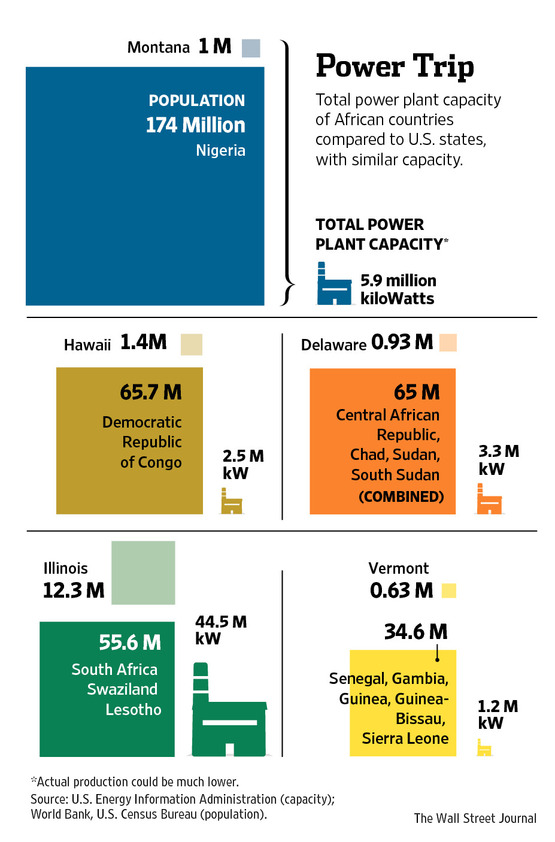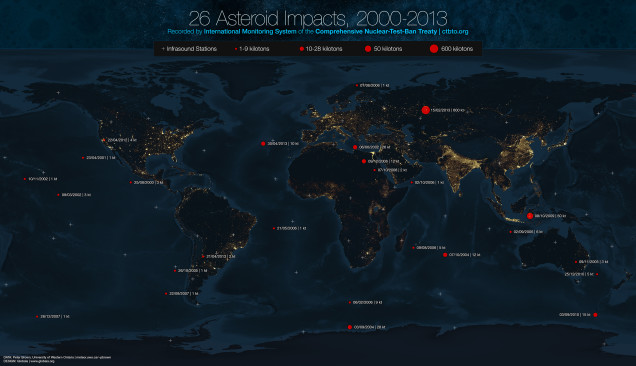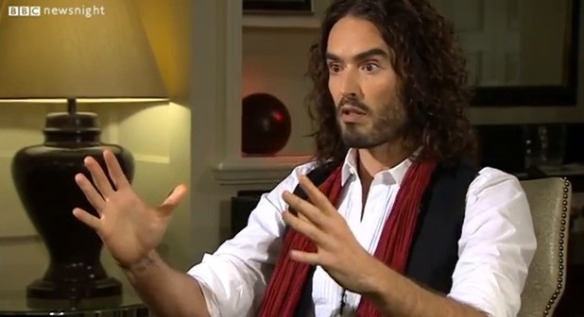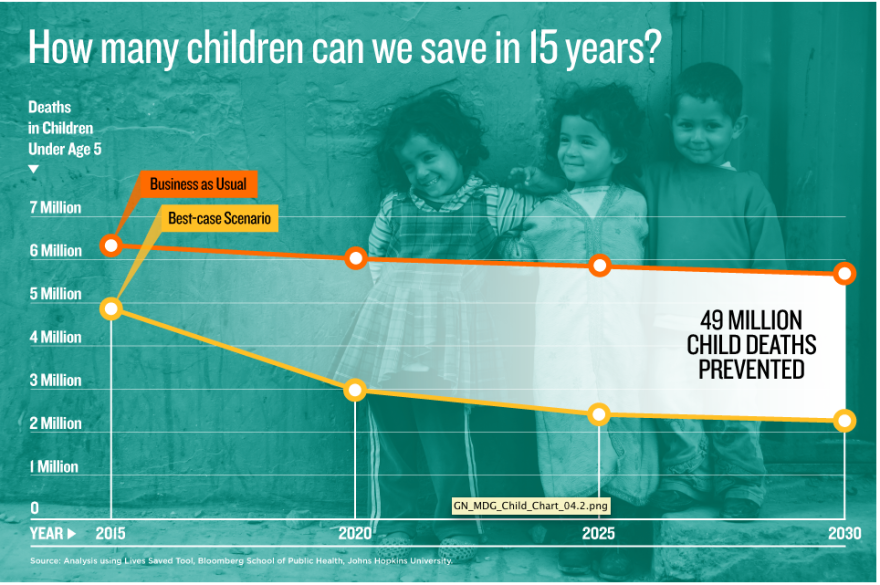The Lego Mo
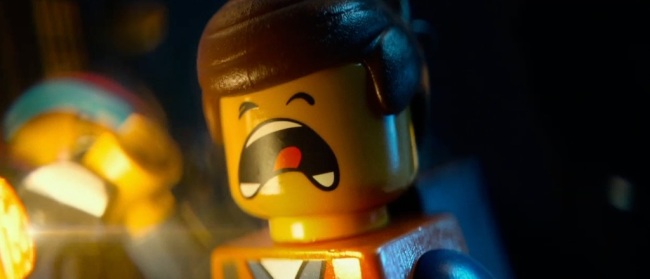
The Lego Movie is this generation’s Animal Farm: an allegorical tale ostensibly for children but in reality a clever polemic railing against corporate greed, globalization and general maleficence, and…er…produced by a large corporation.
The Lego Movie opens on a dark and dreary dystopian future. “Another Brick in the Wall” booms out over a concrete wasteland. The rain pelts down.
Not really. Everything is literally awesome. The film explodes to life with a thumping great bubblegum-laced-with-ecstasy pop classic that builds insanely quickly to the immortal chorus: “Everything is awesome.” Repeat to fade.
The inhabitants of Lego world are totally pumped. All the time. It’s the law. “Everything is Awesome, when you’re living our dream,” says the song.
But the veneer is gossamer thin. In this world, hero Emmet follows a manual to be “happy”, have “friends” and be part of the “team”. Conformity isn’t just expected: it’s mandatory. Lego surveillance cameras capture everything. Anything deemed “weird” is destroyed.
In a coffee chain, a barista hands Emmet his coffee. With monumental irony deficiency Emmet fires back: “Over-priced coffee. AWESOME!”
Emmet does not need more caffeine.
It becomes apparent the proles in this world are not living the dream, they are living in the United States of Unconsciousness, their minds controlled by Lord Business. Lord Business has manufactured a culture of consumption and uniformity to create a feedback loop that endlessly fills his coffers. Worse still, “Lord Business plans to end the world as we know it.” Cue megalomaniacal laughter.
The Lego Movie works as a strange hybrid between two George Orwell novels, Animal Farm and Nineteen Eighty Four. Orwell’s masterpieces focussed on the dangers of fictitious totalitarian regimes, based on the Soviet Union. The makers of this new postmodern masterpiece, however, save their vitriol for the colossal corporations bestriding Earth whose weapons of thought control range from powerful marketing and advertising techniques targeting our weaknesses, to buying the media and paying off politicians.
At its core, the film questions what it means to live in a capitalist society. It attempts to examine what we have given up to live in this world, how the public are cynically manipulated, and what Noam Chomsky describes as the manufacture of consent. What makes this all the more beguiling is that the film has been made by the world’s second largest toy manufacturer and is, essentially, a feature-length advert. Go figure.
Anyway, the kids loved it too. If you can’t beat ‘em, join ‘em. Everything is indeed awesome.
CODA
Everything is Awesome lyrics
(Composers: Tegan & Sara, the Lonely Island and Mark Mothersbaugh)
Everything is awesome
Everything is cool when you’re part of a team
Everything is awesome, when we’re living our dream
Everything is better when we stick together
Side by side, you and I gonna win forever, let’s party forever
We’re the same, I’m like you, you’re like me, we’re all working in harmony
Everything is awesome
Everything is cool when you’re part of a team
Everything is awesome, when we’re living our dream
(Wooo)
3, 2, 1. GO
Have you heard the news, everyone’s talking
Life is good ‘cause everything’s awesome
Lost my job, it’s a new opportunity
More free time for my awesome community
I feel more awesome than an awesome opossum
Dip my body in chocolate frostin’
Three years later, washed out the frostin’
Smellin’ like a blossom, everything is awesome
Stepped in mud, got new brown shoes
It’s awesome to win, and it’s awesome to lose (it’s awesome to lose)
Everything is better when we stick together
Side by side, you and I, gonna win forever, let’s party forever
We’re the same, I’m like you, you’re like me, we’re all working in harmony
Everything is awesome
Everything is cool when you’re part of a team
Everything is awesome, when we’re living our dream
Blue skies, bouncy springs
We just named you awesome things
A nobel prize, a piece of string
You know what’s awesome, EVERYTHING
Dogs and fleas, allergies, a book of Greek antiquities
Brand new pants, a very old vest
Awesome items are the best
Trees, frogs, clogs
They’re awesome
Rocks, clocks, and socks
They’re awesome
Figs, and jigs, and twigs
That’s awesome
Everything you see, or think, or say
Is awesome
Everything is awesome
Everything is cool when you’re part of a team
Everything is awesome, when we’re living our dream
s Animal Farm: an allegorical tale ostensibly for children but in reality a clever polemic railing against corporate greed, globalization and general maleficence, and…er…produced by a large corporation.





